The concept involves the organisation and management of goods and services for compensation.
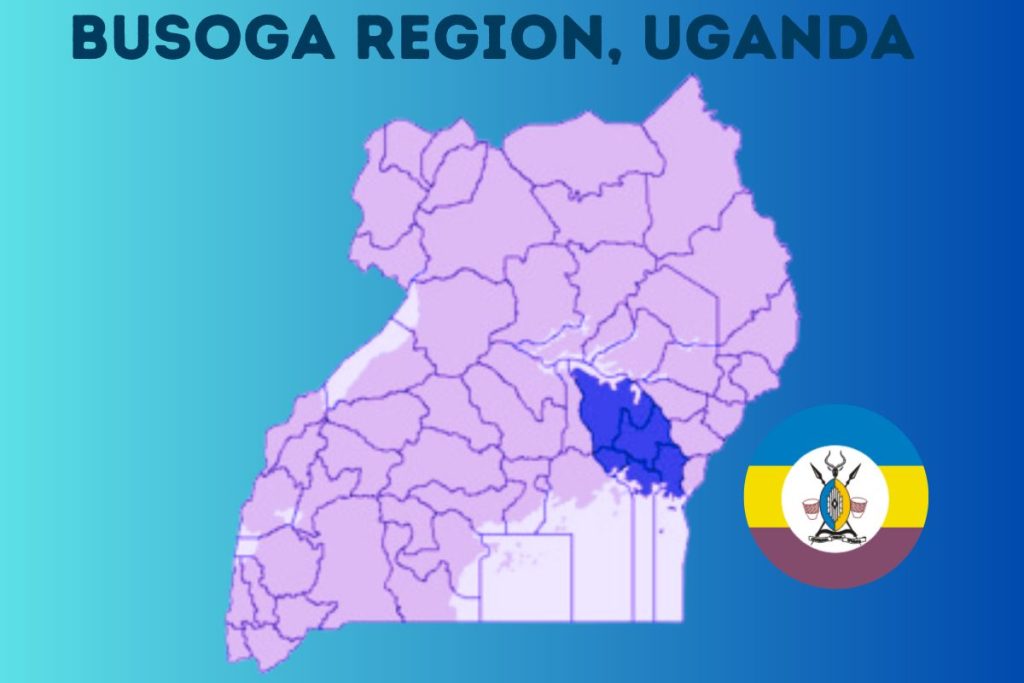
TOURISM
The location of the Busoga region can provide a unique opportunity to develop and earn considerable income from tourism. It is an industry that has the potential to play an essential role in economic prosperity and, consequently, in attaining the set objective.
The tourism industry entails the theory, practice and business of attracting, accommodating and entertaining tourists. It’s the commercial organisation and operation of holidays and visits or of touring to places of interest.
Tourism involves people travelling to and staying in places outside their usual environment, both domestically and internationally, for leisure, recreation, relaxation and pleasure, cultural curiosity, desire to form new relationships and business or other travel purposes, for not more than one consecutive year.
This means expatriates and long-term international students are technically not classed as tourists. The definitions also tend to exclude those who travel intending to make an income in the place they travel to.
Tourism is one of the world’s largest industries, and the economies of many nations are driven, to a large extent, by their tourist trade.
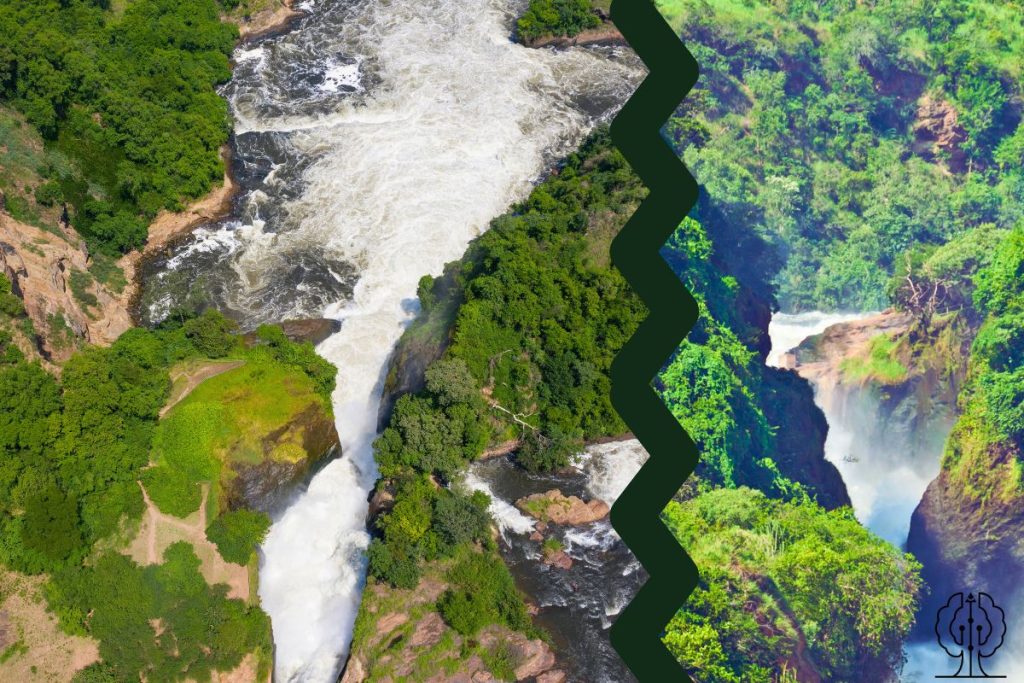
Tourism is also a wide-ranging industry. Sometimes it is known as the travel industry, hotel industry, hospitality industry, transport industry and several additional industries or sectors. Much of its activities are based on keeping tourists happy, occupied and equipped with the things they need while away from their homes.
Benefits of the Tourism Industry
Tourism offers a wide range of benefits, including economic benefits, especially for countries that can attract many visitors. It is known for creating a wide range of jobs for people working in and around it— and in due process, it increases the value of the currency of the hosting nation.
Other connected industries like financial services, travel agents, tour operators, online travel agents, and tourism organisations are set up to look out for the entire tourism industry and act on its behalf,—including education, revenue management services, and video tourism that enhance tourists’ experiences—all benefit from the tourism industry.


Transportation
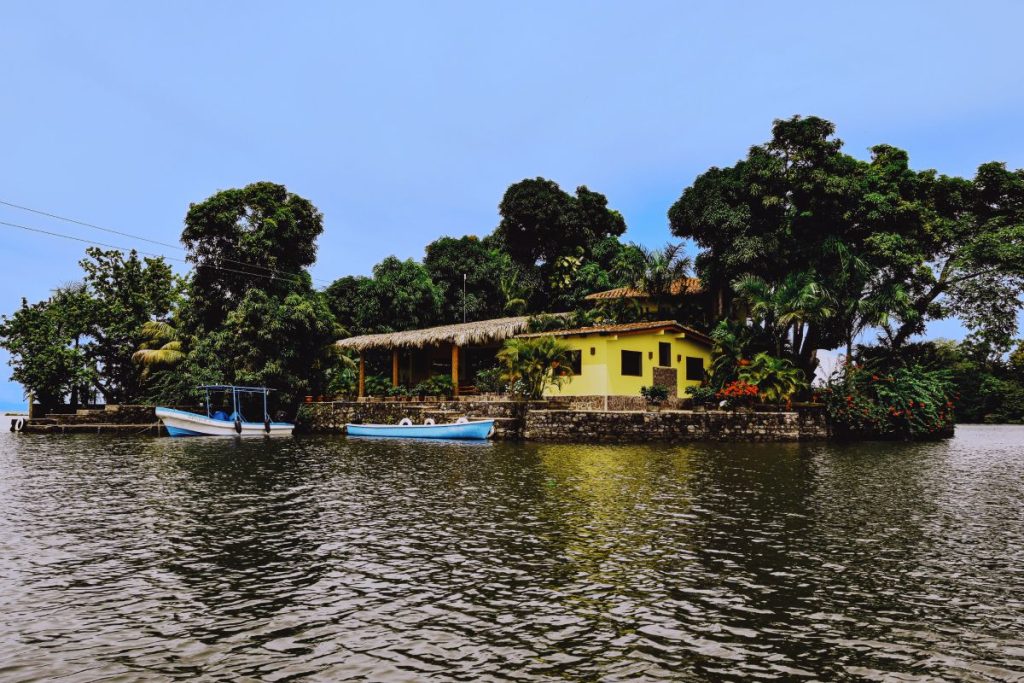
Accommodation
The accommodation sector is central to the travel and hospitality industry. Travellers are bound to desire a place to stay, rest, sleep and unwind. Accommodations range from the hotel industry to camping, hostels and cruises, shared accommodation, bed and breakfast (B&B), farmhouse accommodation and agri-tourism.
Sometimes tourists may visit farms, learn about the work in such settings, and even participate in the daily work themselves as part of the travel experience. Rural tourism is a viable sector.

Food and beverages
The food and beverage sector has an engaging role within the tourism industry of providing tourists with essential refreshments at all stages of their travel experience, including during travel when spending time in their chosen accommodation, and when they are out and about exploring the location they have travelled to. The food and beverage sector also offers opportunities to socialise, meet new people and enjoy themselves. Restaurants, catering, bars, cafés and nightclubs can be listed in this sector.

Entertainment
Some travellers may be drawn to entertainment options unavailable in their home location or require more general entertainment from wherever it is.
Entertainment attractions or venues are sometimes the main magnets drawing travellers to a particular location. Several entertainment services survive solely on tourism and are set up to capitalise on it.
Tourism is an industry with the potential to amend and improve relationships between nation-states or businesses through some of its specific services, such as cultural exchange avenues.
TRADE
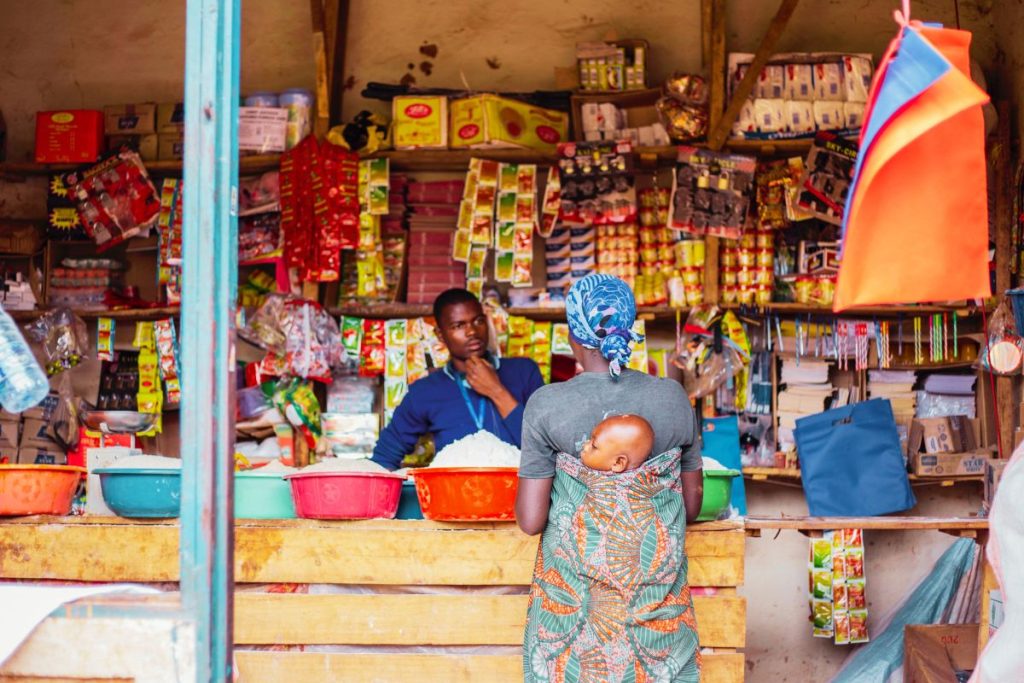
In the modern world today, any prosperous society has to be involved and practise exchanging capital, products and services to trade with others, often in exchange for money or any agreed-upon compensation.
Societies are almost always better off when they buy and sell from one another, be that locally or internationally. At least with this point, most economists would agree. However, this doesn’t mean that trade is not almost always a contentious political issue between levels of government.
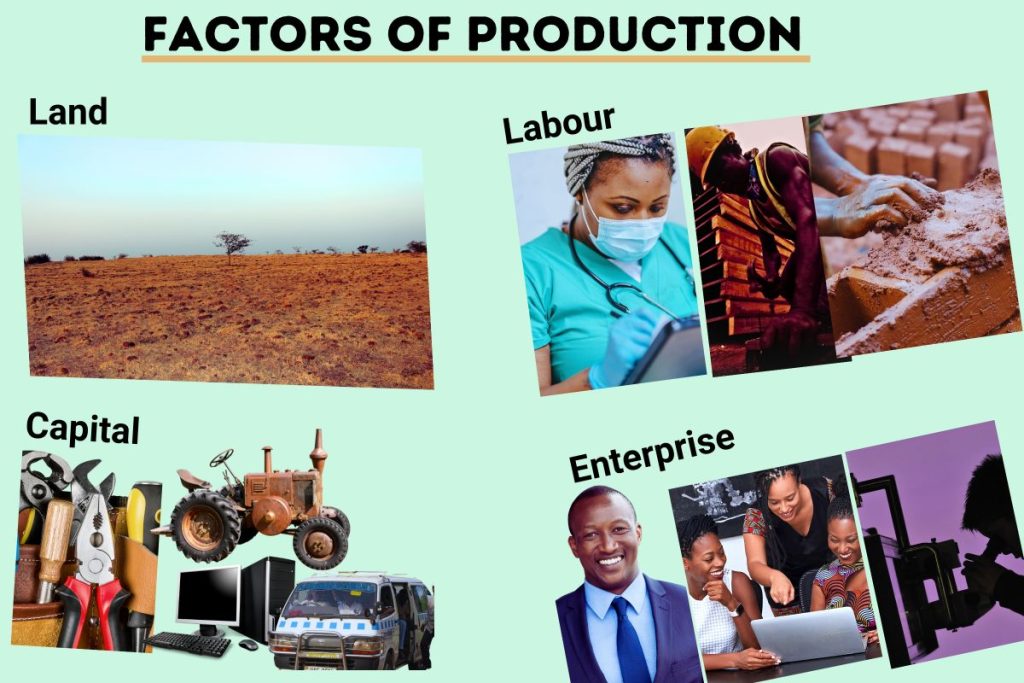
Trade makes the world better off. The transfer of goods and services from one person or entity to another, often in exchange for money, is referred to by economists as a system or network that allows trade as a market.
As simple as it may sound, trade is typically a more complex process, especially on the international level. Factors of production, such as capital and labour, are often more mobile within a country than across countries. In principle, however, international trade is not fundamentally different from domestic trade. The motivation and attitude of parties involved in a trade are relatively constant whether the trade is across a border.
Trade can be complex, sometimes involving questions that may need consideration. When a firm or an individual buys a good or a service produced more cheaply elsewhere, living standards in both entities increase. That is the beauty of trade, but at what cost in a social, political and economic sense? Who is affected more and gaining more out of the arrangement? How ‘free’ is the trade? What defines ‘free’ anyway? How is it ‘comparative’, and how is it ‘absolute’ even beyond physical and non-physical products and services? The debate is always on.
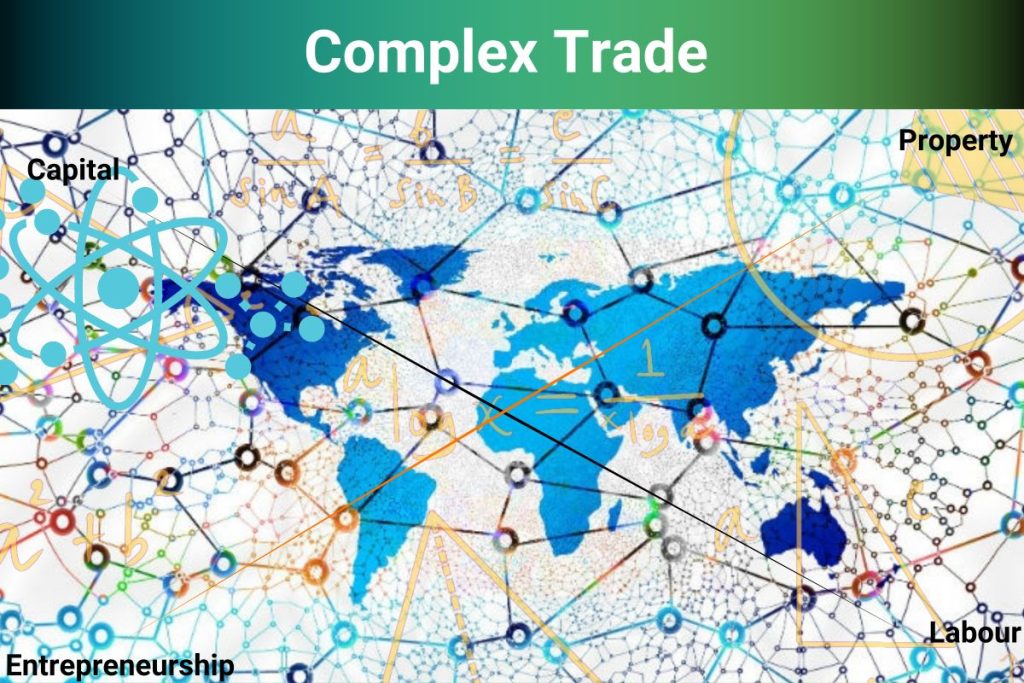
What are the expected adjustments within and across industries, nations, and rules and regulations? What is the nature of the trading relationship—and the role of labour and capital in that relationship?
In trade, several determining factors can’t be quickly exhausted. Yet, a sophisticated trader must be aware of barriers to trade, such as transportation, communications and quality of labour.
The truth of the matter is that not every society is attractive to traders—and for many reasons. Each society should be ‘attractive’—that is, to have value in the marketplace. It is precarious not to be ‘attractive’ to the art and science of trade.
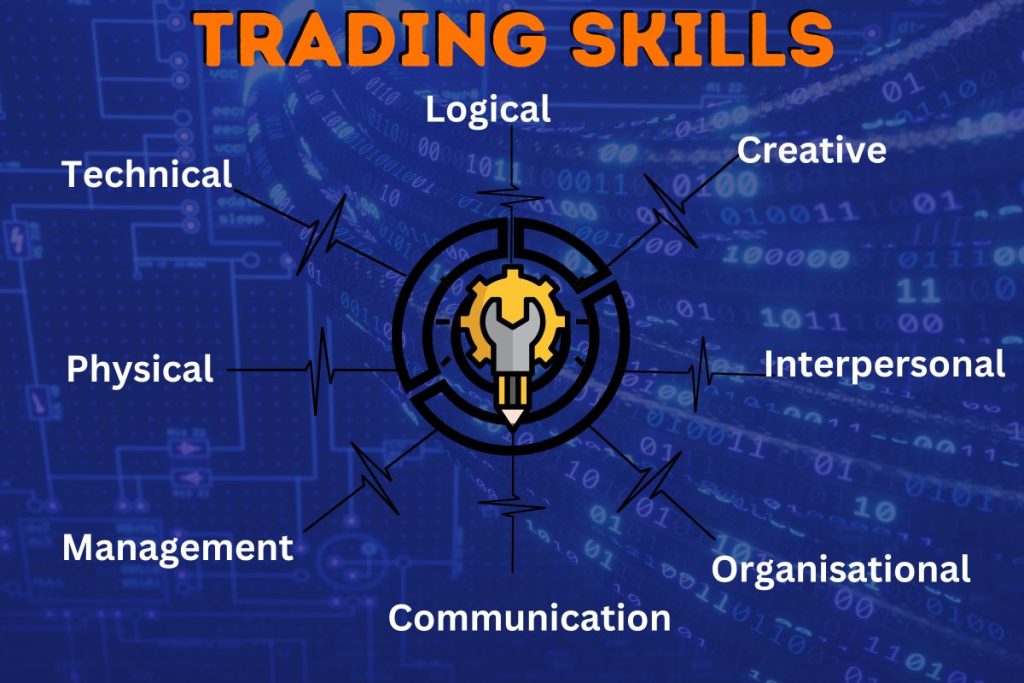
Busoga region must build itself into a network or system that encourages and boosts trade to develop and advance with a substantial, sustainable value.
Communities trade with each other when, on their own, they do not have the resources or capacity to satisfy their own needs and wants. By developing and exploiting their scarce domestic resources, communities can produce a surplus and trade it for the resources required.
What specific skills, products or services has the Busoga region set to be good at—to trade with the world?
ECONOMICS & FINANCE
Poverty stands out when hard-pressed to provide only one major problem that holds the Busoga region in a backward position. Poverty means being on the wrong side of understanding the practical operation of economics and finance. It indicates the lack of tools, knowledge, practice and a close relationship with these two powerful agents in this modern world. Money is a symbol that represents these two—and nothing else makes the world go round.
All other forces quickly bow down to the mighty power in this subsection: economics and finance.
Therefore, children of the Busoga region can no longer afford to be ignorant about how money operates in society, especially if the region’s goal is to be attained. They would like to understand how to coordinate efforts to achieve maximum output from available resources—for compensation: money.
Children will benefit from training in making the right calculated economic decisions. Why are certain goods valued differently? Why do people demand what they do at a particular period? How do individuals, companies, and nations coordinate and cooperate to attain economic objectives?

As a general social science, the focus of economics is more on the big picture: on the general questions about human behaviour; around the allocation of resources, production, distribution, and consumption of goods and services, i.e. the general behavioural interactions of economic agents and how the building blocks and the mechanics of a nation’s economy work—like a machine. How do societies use their limited resources for maximum gain?
FINANCE
Finance focuses more on the techniques and tools of managing money. It is more of a specialised branch of economics concerned with the origination and management of money, credit, banking and investment.
But soon enough, finance and economics converge to influence the markets greatly with their seemingly divergent but valid applications of evaluating risks and returns through their practical and theoretical approaches.
At some fundamental level, there will always be a difference. Nonetheless, both remain important to the economy, markets and other related structures.

